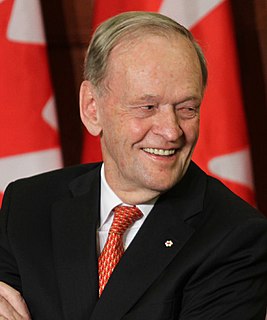A Quote by Millicent Fawcett
Every one must be familiar with the often expressed opinion, that, as a practical politician, Mr. Mill's career was essentially a failure.
Related Quotes
Politics is the practical exercise of the art of self-government, and somebody must attend to it if we are to have self-government; somebody must study it, and learn the art, and exercise patience and sympathy and skill to bring the multitude of opinions and wishes of self-governing people into such order that some prevailing opinion may be expressed and peaceably accepted. Otherwise, confusion will result either in dictatorship or anarchy. The principal ground of reproach against any American citizen should be that he is not a politician. Everyone ought to be, as Lincoln was.
No man can do both effective and decent work in public life unless he is a practical politician on the one hand, and a sturdy believer in Sunday-school politics on the other. He must always strive manfully for the best, and yet, like Abraham Lincoln, must often resign himself to accept the best possible.
Phronimos, possessing practical wisdom . But the only virtue special to a ruler is practical wisdom; all the others must be possessed, so it seems, both by rulers and ruled. The virtue of a person being ruled is not practical wisdom but correct opinion; he is rather like a person who makes the pipes, while the ruler is the one who can play them.
Critics of Consequentialism have often assumed that hedonism (or preference-satisfaction) must be the theory of the good, that the deontic principle must be maximizing, and that the principle should be applied to individual acts. Indeed, this version is often called "classical utilitarianism" and attributed to Bentham and sometimes even to Mill. Rather than a "classical" view it is a recent construction foisted on to the tradition.
A politician weakly and amiably in the right is no match for a politician tenaciously and pugnaciously in the wrong. You cannot, by tying an opinion, to a man's tongue, make him the representative of that opinion; and at the close of any battle for principles, his name will be found neither among the dead nor among the wounded, but among the missing.



































